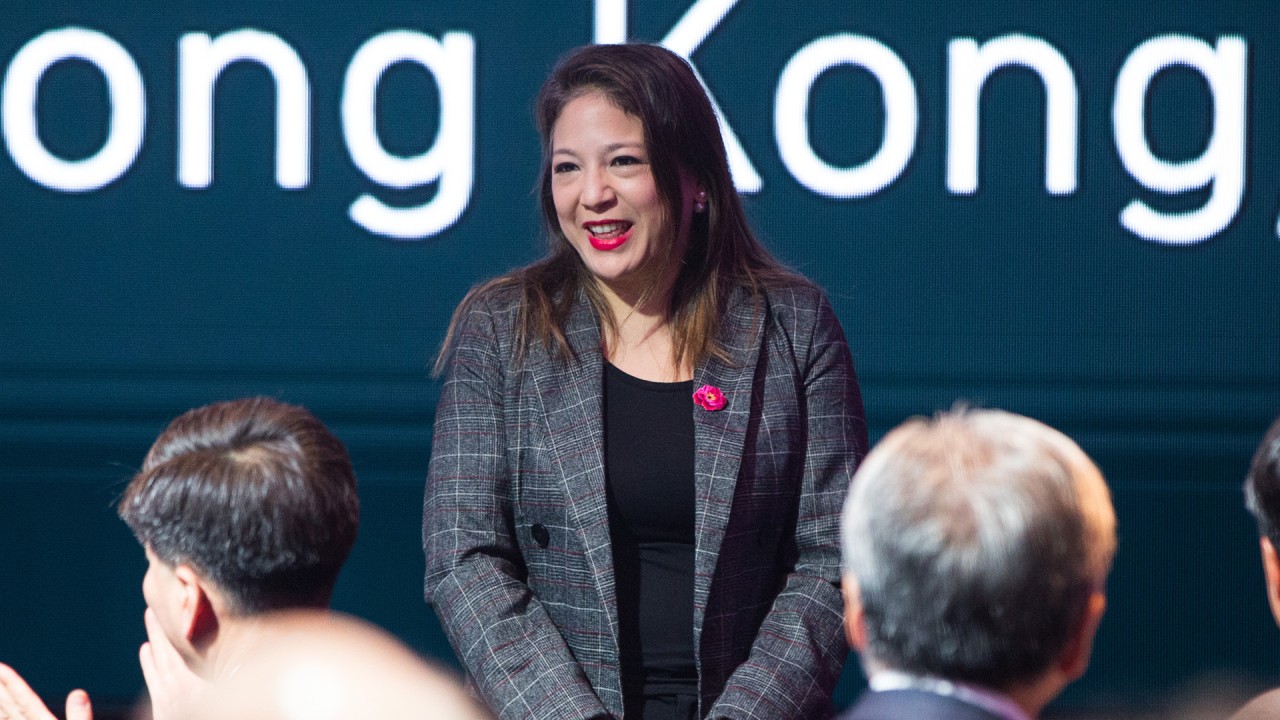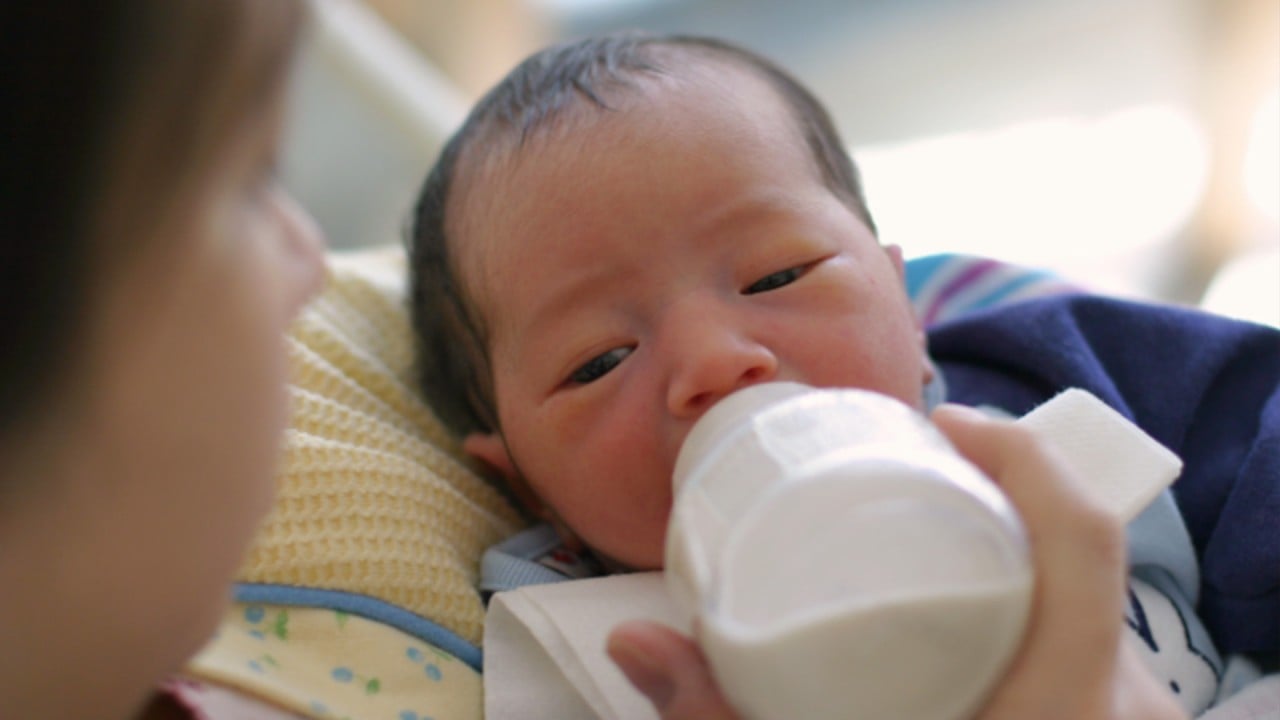
How Asian women are challenging bias to carve out entrepreneurial success, from Singapore to India
- Asia’s resurgence post-Covid is creating a new generation of women-led businesses, prompting governments to consider how to establish a more inclusive economy
- Funding woes, work-life balance and prejudice remain hurdles for women entrepreneurs, who say having supportive business partners and spouses can be half the battle won
As a flight attendant for Singapore Airlines, Kay Cheong was staring at an abyss when she was forced to leave her job because she was expecting a baby.
With co-founder and a young parent Elena Kwa, she launched the Immigrations People, which has now carved a niche after many ups and downs.
“It’s like a dream to be a boss of my own company. I really believe that it can change my family’s circumstances,” said Cheong, 36, adding that she did not come from a well-off family.
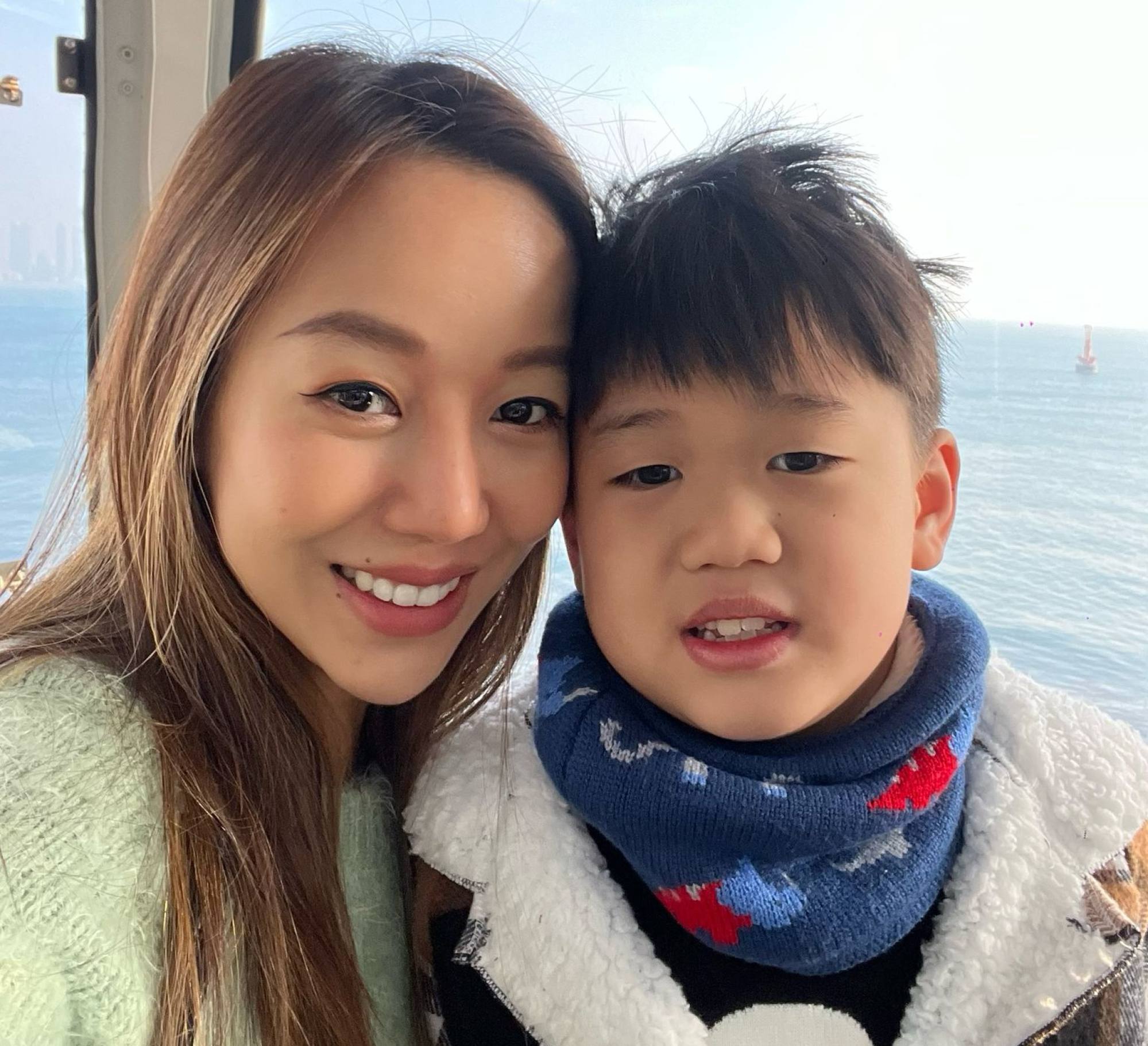
These included limited access to finance, a lack of network and mentorship, less access to training and education, and cultural biases that led to gender discrimination, he said.
Men underestimate hurdles women face, University of Hong Kong study finds
Women entrepreneurs often faced doubt about their work commitment because they had to support their families, but Tan said rays of hope were breaking out as companies in Asia were “quickly catching up” to the diversity standards in the West.
“Gender gaps in education have narrowed very rapidly over the last decade, which means there is now a large new cohort of highly educated women who are just starting to engage with the labour market,” said Dawn Holland, director of economic research at Moody’s Analytics, which last month published a report on the gender gap.
Shifting attitudes towards remote and hybrid work have opened up a world of new opportunities, especially for those seeking to balance other responsibilities such as childcare or elderly care, she added.
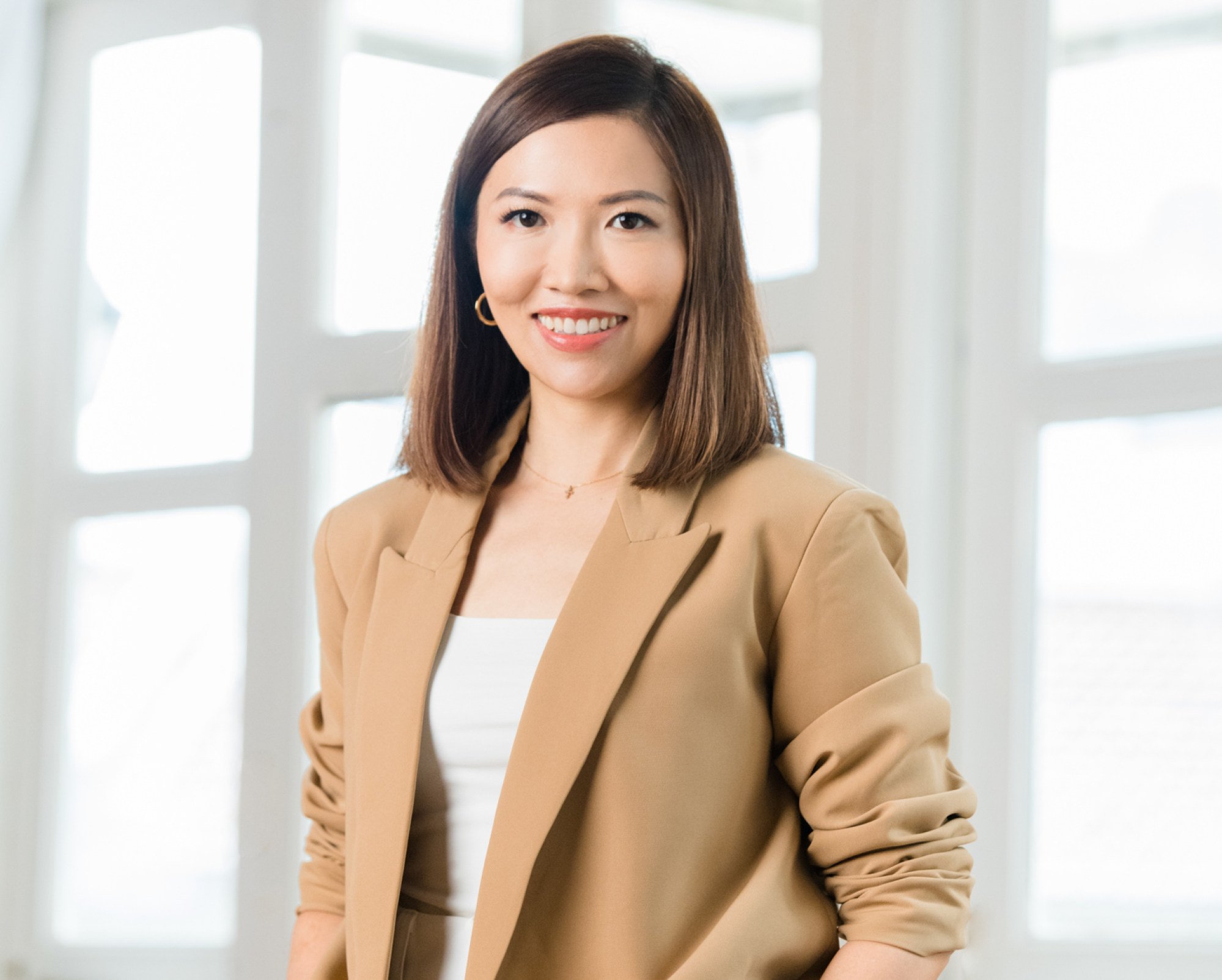
Making new paths
After working as a lawyer with one of the biggest law firms in Singapore, Shulin Lee felt trapped in a toxic work culture when she joined a UK-headquartered recruitment firm with an excessive drinking culture and where employees were constantly in ruthless competition.
Lee, who helped establish the firm in Singapore, decided to branch out on her own eight years ago with the support of her husband, a month after giving birth.
Starting out in a small, windowless room, Lee’s legal executive search firm Aslant Legal now has an address in downtown Singapore with nine team members – all of whom are parents.
My mission is very simple. I want to transform Singapore’s work culture
“I started the company because I want to experience freedom and autonomy – and I want the same thing for other people,” Lee said. “My mission is very simple. I want to transform Singapore’s work culture.”
Besides running her enterprise, she hosts a podcast that seeks to change the conversation about work-life balance, after coming across many women lawyers during the pandemic who were unhappy because of the workload of taking on multiple roles.
Lee said she still faced prejudice from her mostly overseas-based clients, even though she had established a solid track record in her field.
“I have to compensate two or three times, sometimes even 10 times, to be able to win over the trust of a client – to be able to tell someone, ‘Hey, I can do the job, if not better’,” she said. “I’m Singaporean. I’m Chinese, and I’m a woman. I am really starting off on the back foot.”
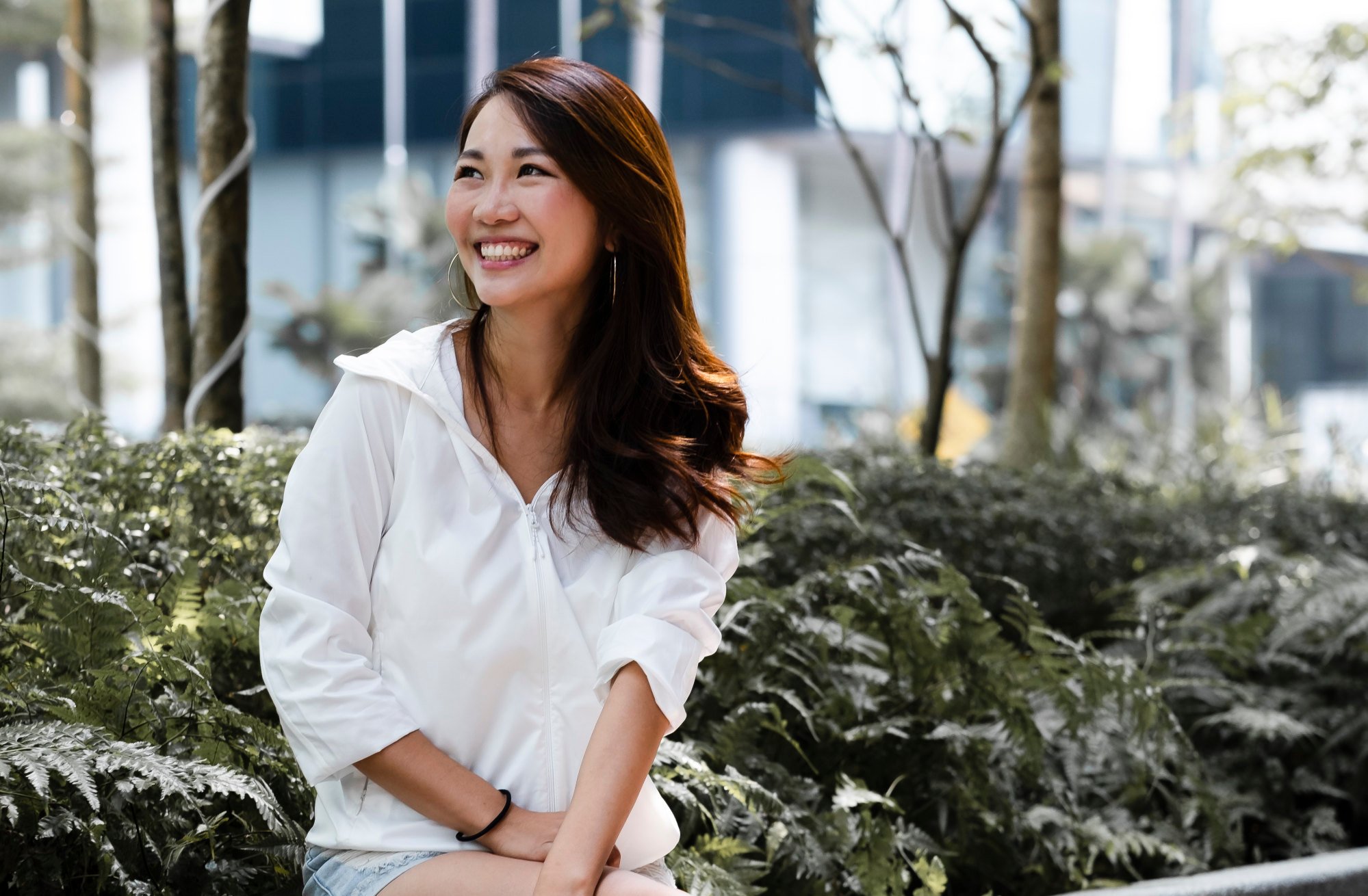
Other women entrepreneurs, too, are carving out their own business niches in daunting circumstances.
Debbie Yap was only 19 when she left her hometown in Malaysia’s capital of Kuala Lumpur to pursue a degree in early childhood education, and a year after that, she became a single parent to daughter Tiffany.
She dabbled in several ventures before partnering with Cindy Kok, a friend with a background in Hong Kong’s financial sector, to launch a first-of-its-kind gel facial mask which proved to be a runaway success that paved her further expansion in wellness.
In December 2019, a few months before Malaysia went into a nationwide lockdown, they opened Mimone Spa and Wellness in Bangsar. They soldiered on through two years of closures with the help of a small loan that enabled them to keep paying salaries to their crew of primarily women, including single mothers.
“We wanted to do something with which we can give back, but at the same time benefit us,” Yap said.
Is Malaysia set to become a start-up hub that can compete with Singapore?
She and Kok used their personal savings to reinvest in the business, as they pushed e-commerce sales and a network of home sales. Thankfully, business has boomed since the pandemic eased and now they have five outlets in Malaysia.
Yap estimated the business revenue last year was more than 3.2 million ringgit (US$470,000).
During the period, Yap remarried and had three other children. With the support of her team and business partner Kok, she was able to wear multiple hats and nurture an award-winning chain.
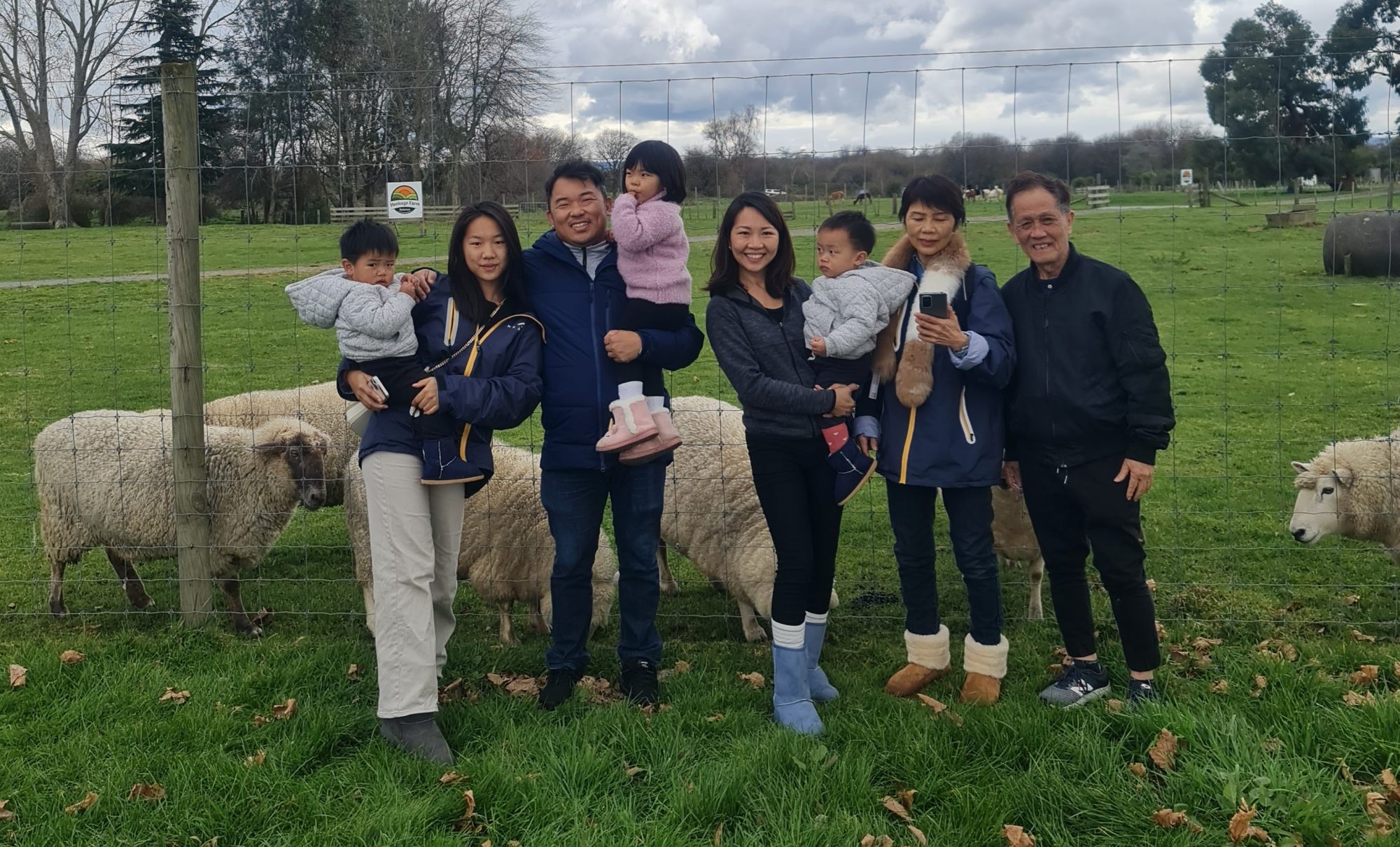
Other new entrepreneurs say they had an equally harrowing time before they could secure a foothold.
Dwi Rivatni, 37, found it impossible to obtain seed capital when she wanted to start a food and beverage enterprise in Indonesia, and relied on funds from her husband, a former pastry chef. Even after moving with her family to a new home in East Java to live closer to her husband’s family home, she did not make much headway in her business.
She joined a local community group for entrepreneurs to pick up business tips, which introduced her to a women’s empowerment programme by the Citi Foundation and Mercy Corps Indonesia that taught her how to digitise her business. Her turnover has now more than tripled, to around 1.5 million rupiah (US$96) to 2 million rupiah per month, from some 350,000 rupiah.
More often than not, convincing lenders to give the initial capital proves to be the hardest part for many other entrepreneurs as well.
Seema Nagpal, an Indian homemaker-turned-founder of Ministry of Appetite, a cafe which opened in Noida near New Delhi last October, said securing funding felt like “trying to solve a puzzle with missing pieces”.
“As a woman, I’ve encountered doubts and scepticism from lenders who may not see me as a serious entrepreneur,” she said.
Keys to beating odds
Regardless of whether entrepreneurs are men or women, obtaining funds from venture capitalists is a tough task worldwide, said Julien Salanave, Professor of Practice in Entrepreneurship & Innovation and Director of ESSEC Ventures APAC.
These investors typically parse hundreds or thousands of applications before betting on a handful of enterprises, of which they expect just one or two to become spectacularly successful.
“They are really looking for home runs, and they are happy to strike out most of the time,” he said.
Salanave noted women entrepreneurs tended to have a harder time obtaining venture capital because the investors tend to back companies run by engineers or those who have a technical background – areas where women representation is low.
Meanwhile, traditional institutions like banks require borrowers to pledge assets like kitchen equipment, for example, for food businesses, or furnish personal guarantees before they extend credit which may be tough for those starting from scratch.
Japan’s gender gap the widest among OECD countries, World Bank study shows
Salanave said the chance of securing funding, especially venture capital, was greater for an entrepreneur if they had an ambitious vision and evidence they could execute it.
It cut little ice if a person said, “Oh, I have this wonderful, super ambitious idea. But right now, I haven’t done anything, because I’m waiting until I get my first US$100,000”.
Even if a person lacked money, it was important to get started, Salanave said.
“You have other resources. You have your energy, your time and contacts. So get the ball rolling,” he said, adding that the first thing he taught his students is “to never start with trying to get money” and “try to build something even if it is on a very small scale”.
Women ‘miserably’ under-represented in Asia-Pacific businesses, survey finds
But two other factors were critical to obtain early stage funding, she said.
“They’re looking at the quality of the problem you’re solving, and why you’re the right people to build for it,” Abraham said.
Australia’s gender pay disparity shows more work needed after data reveal
These may seem daunting to first-generation entrepreneurs, especially if they lack the education background. But it can be done.
Once a stay-at-home Singapore mum who experienced postnatal depression, Lilian Ong established an interior decoration business with her husband’s encouragement in 2014.
With no background in the male-dominated field, she would stay up nights reading so she could hold her own against those who would try to talk down to her.
A decade after establishing herself successfully in the furnishings business, Ong sold the firm to focus on mentoring other women through two enterprises: Class Living, a pro bono venture, and Women of Courage Asia, aimed at nurturing entrepreneurs.
“I encourage them to explore, experiment, evaluate and then establish themselves. I wouldn’t advise them to … commit to loans and things like that. They have got to be prepared to go to the next stage of pitching to venture capitalists,” she said.
Gender equation
The experiences of women entrepreneurs may vary in encountering gender challenges as they seek to get off the ground.
“I have been in meetings with government and banking officials, and they are all Japanese. I could be the only woman in the meeting and there is that common respect,” Tang said. “It’s based on your ideas, your vision [and] where your product stands in the market.”
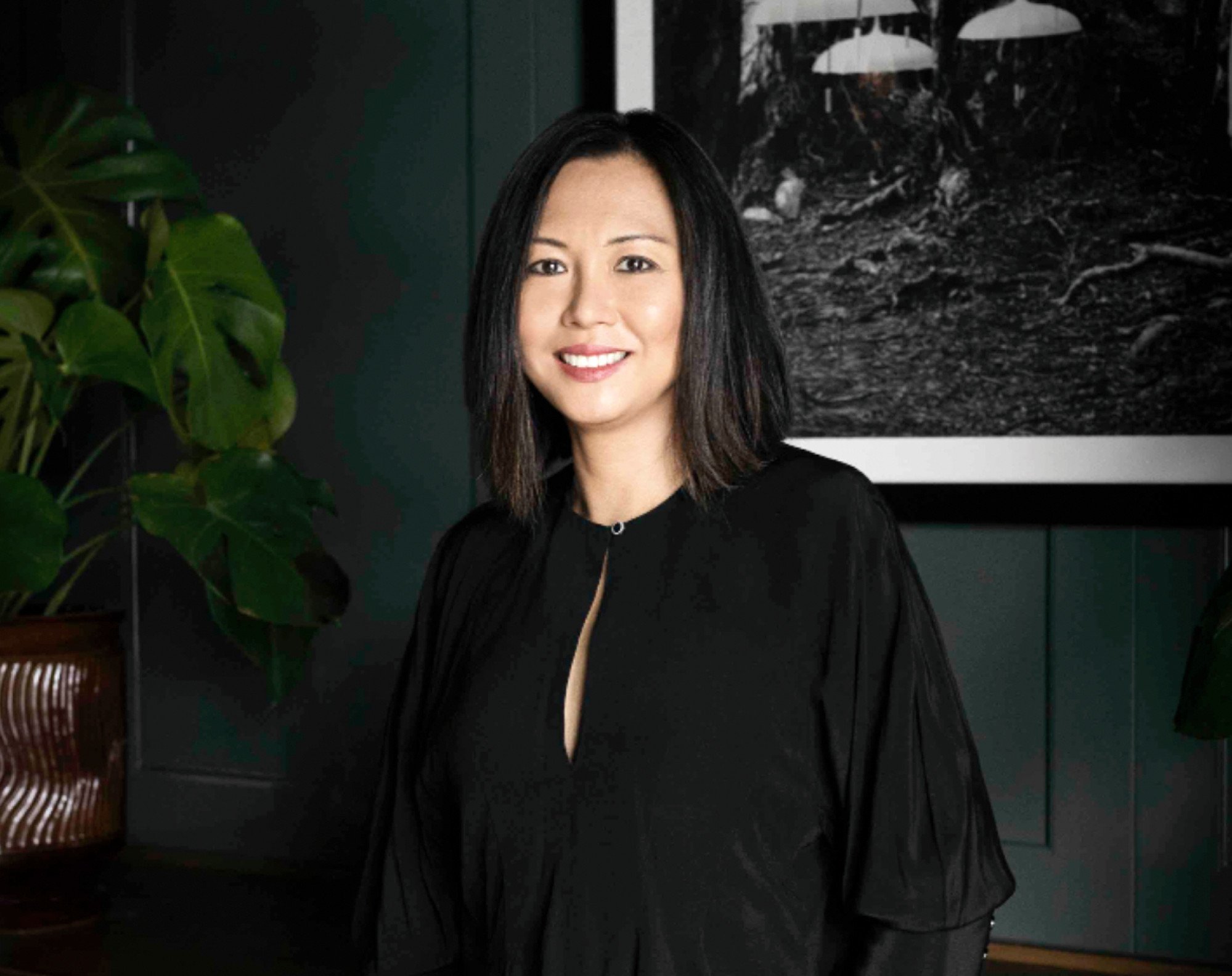
Others, however, say they have encountered biases, although that has lessened.
Singapore edutech entrepreneur Alicia Cheong, 40, opened a learning centre for children with partner Neo Zhizhong in 2007, and quickly found success through their personalised approach.
Ten years later, they founded Geniebook, an assessment-led learning tool harnessing the power of artificial technology before it became a buzzword. Cheong said that sometimes during business meetings, people would think she was Neo’s personal assistant.
“When they see a male and female, they would think [the woman is] the one doing the admin,” she said. “In recent years, I don’t really find a lot of difference. My opinions and voices are being heard.”
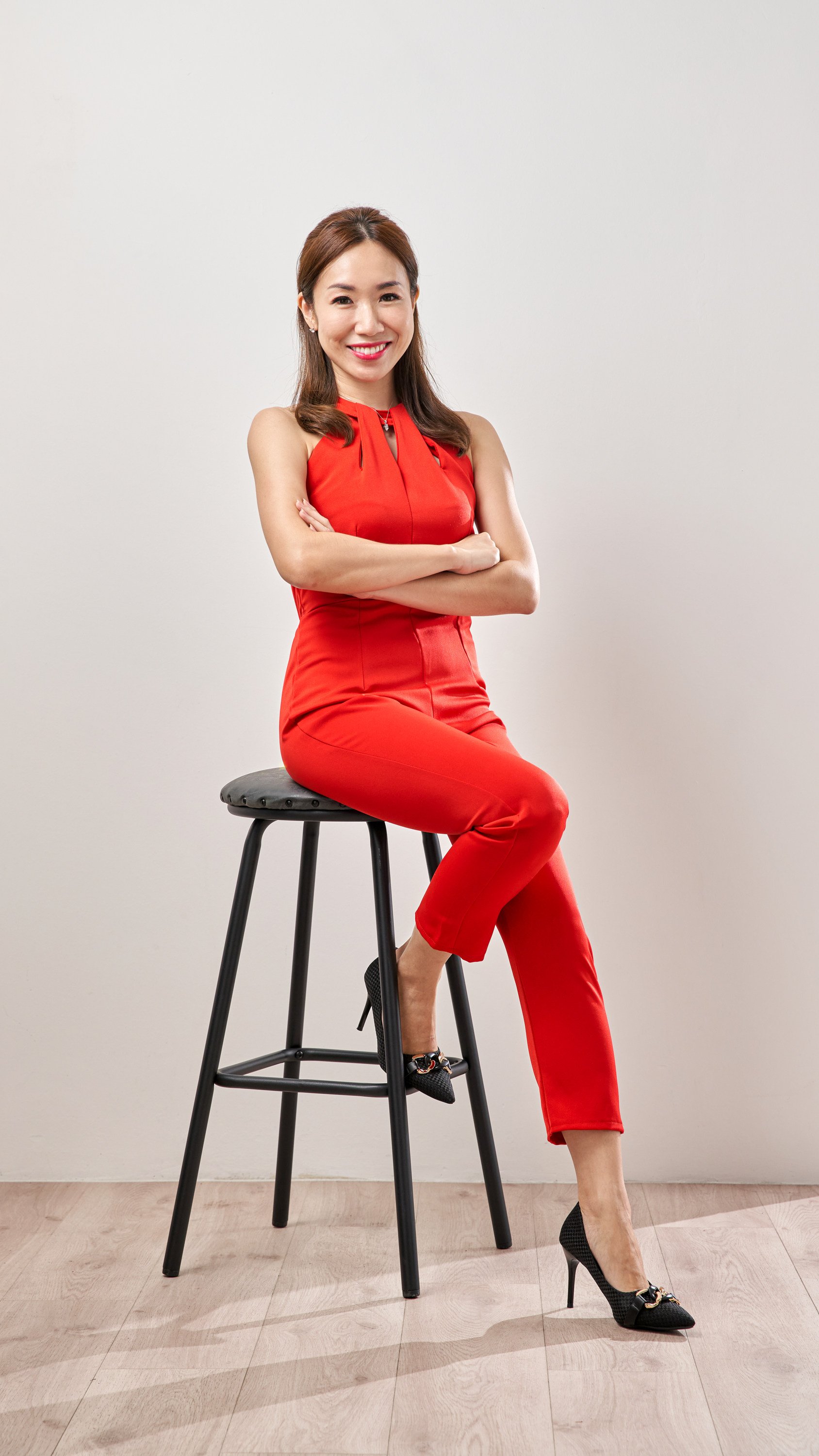
However, gender differences could affect even women armed with a top-notch technology education.
Shruti Shruti, co-founder and CEO of Apnaklub, a business-to-business wholesale platform that supplies to retailers, said bias crept into even elite institutions.
That could show up in what might seem as small things that may not matter, but in reality could make a world of difference in exercises such as securing seed capital for start-ups.
Over third of women entrepreneurs face bias raising capital, HSBC says
Recollecting her student days in 2000, Shruti said as male and female students stayed in separate hostels, it prevented an exchange of ideas or developing connections with seniors who may later be commanding venture capital boardrooms.
“The first angel funding that I raised was because of male friends that I made at the institute,” she said, conceding that networking opportunities had changed since her student days.
Even so, biases have remained.
Shruti related an incident where she witnessed an angel fund – which provides seed capital – treating women-backed start-ups with huge scepticism after an enterprise it invested in, launched by a woman with an Ivy-league MBA degree, could not get off the ground.
“Surely, male entrepreneurs have also failed,” she said.
Shruti, who has raised three rounds of funding totalling US$24 million since founding her company around four years ago, said she always highlighted her resilience to potential financiers, and advised other women founders to also maintain a resolute spirit.
The entrepreneur, who also has an MBA from Harvard Business School, estimated Apnaklub was probably four to five years away from reaching a valuation of US$1 billion. Its turnover in the last financial year ended March 2023 was 2.79 billion rupees (US$34 million) and it was on track to more than double this year, Shruti said.
Building better lives
Interestingly, some women entrepreneurs are converting adversities which other businesswomen face, such as balancing their family life with work, into opportunities for business.
Bell Beh, who started her career as a lawyer in Singapore, indulged her passion for immersive gaming technology on the side with a childhood friend, realising along the way that she had business acumen despite never having been trained.
Her interest in technology was kindled further when she won a scholarship in 2018 for a two-year master’s programme in law and technology at UC Berkeley in California, which eventually led her to pivot to the tech world full-time.
Six years later, Beh co-founded Buzzar, a firm that uses augmented reality (AR) and AI to replicate physical venues such as exhibitions and conferences.
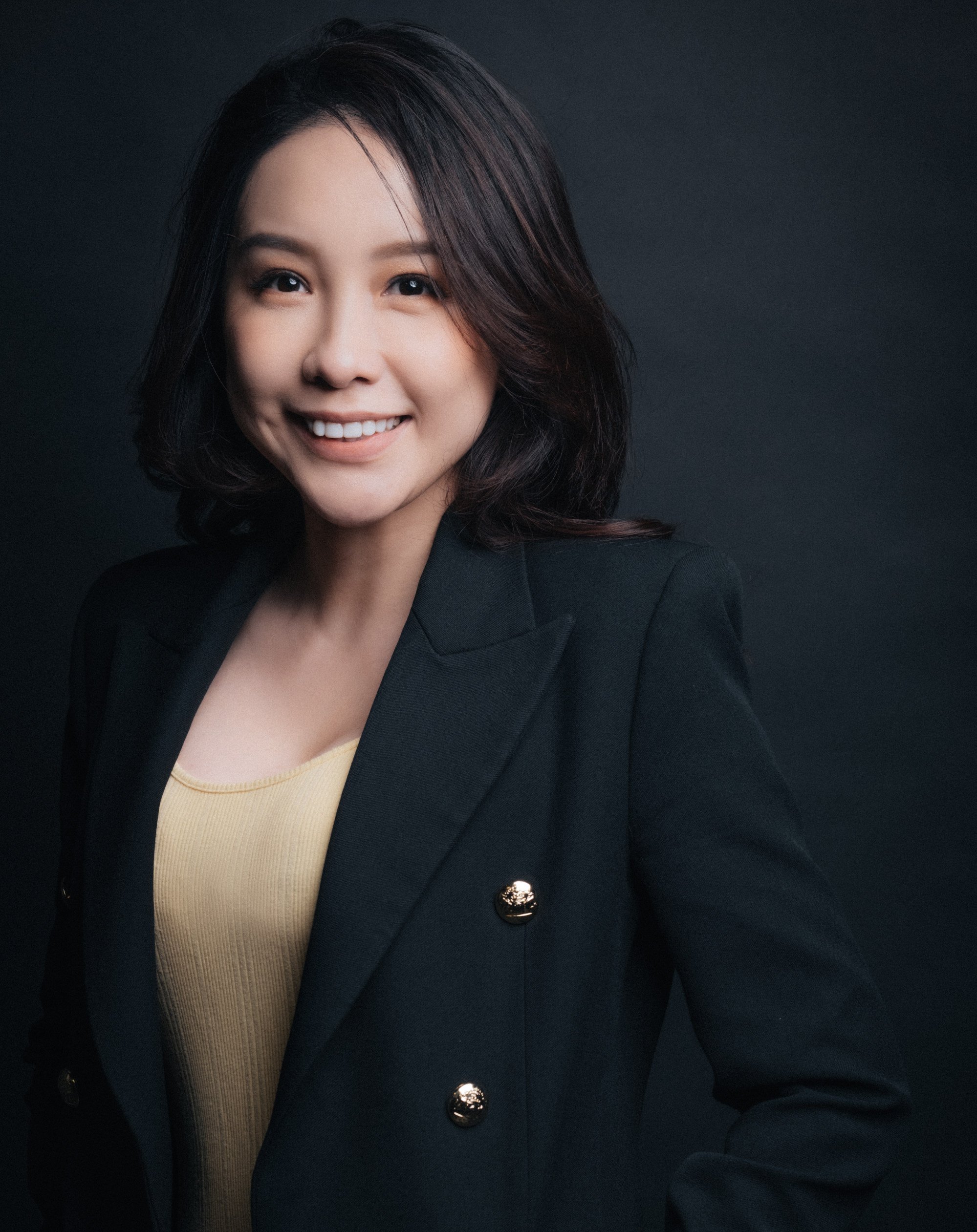
She has added a second layer by providing a digital face to humans, who can virtually enter these venues and network with other people, and also added a payment mode that allows people to check out after having visited, for example, a virtual fashion event.
Although AR and AI had universal applications, Bell said she subconsciously led her team to design it to be more women-centric.
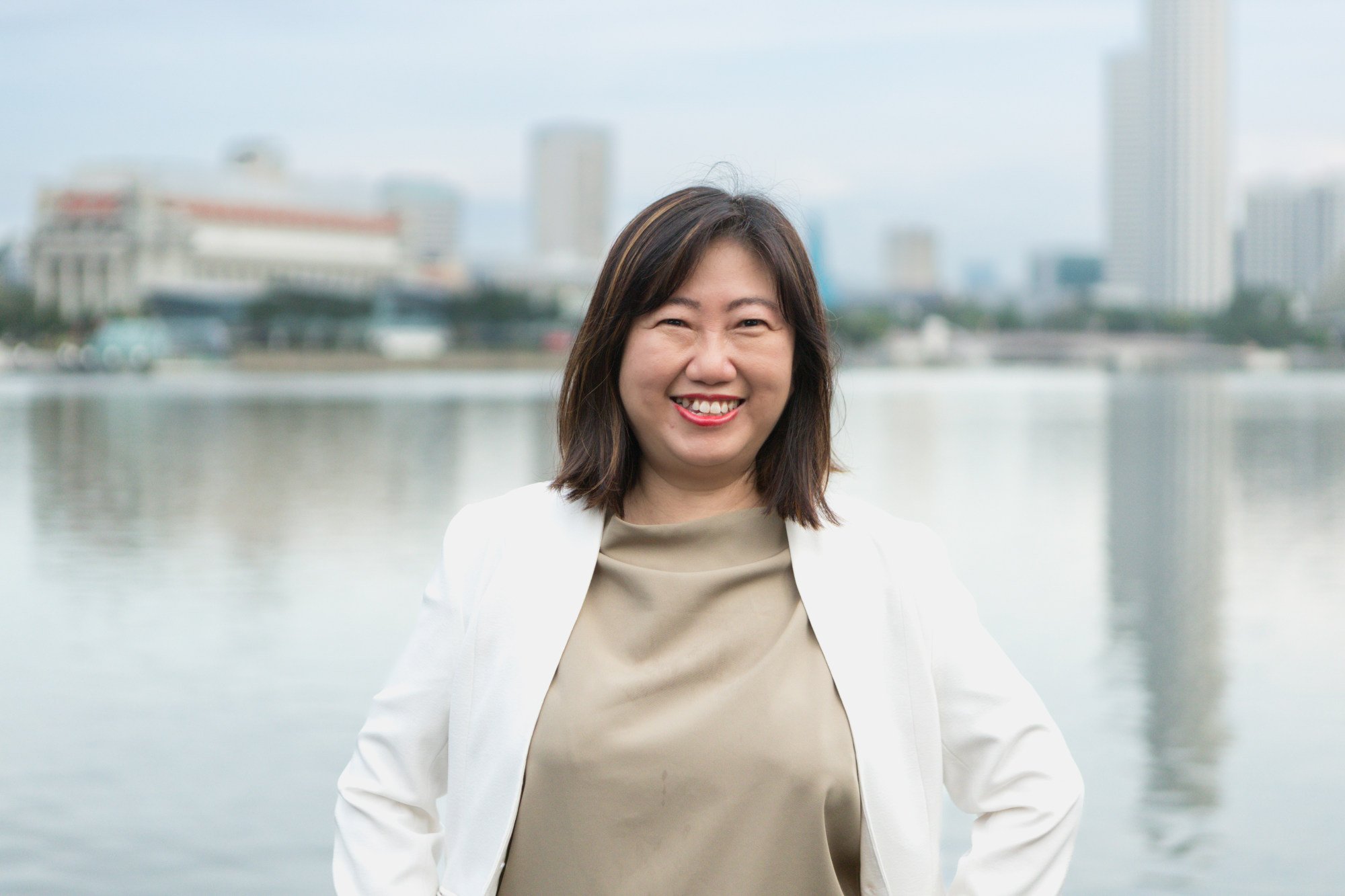
Many entrepreneurs, especially those who have gone further down the road, feel that finding a space in their busy lives to fulfil their roles as a mother, wife or daughter is as compelling a need as business success.
Edith Tay, founder of Singapore-based office commercial real estate firm PropertyBank, which navigated past the uncertainties of the 2008 financial crisis and the pandemic, said she made it a point to find time for her two children.
“I always tell lady entrepreneurs who come to seek advice that you only have 24 hours, and minus your sleeping time. But don’t forget … your children.
“I cook once a week, I go to the market to make sure whatever I buy provides a balanced meal for my children,” said Tay, whose daughter was admitted to a gifted programme.
She said having the support of her husband had been fundamental to her company’s success, adding that having the assurance of a meal always being on the table had allowed her to take calculated risks in trying times and in turn contribute to her family.
Tay said her favourite quote came from Eleanor Roosevelt, who said: “A woman is like a tea bag. You never know how strong it is until it’s in hot water.”


